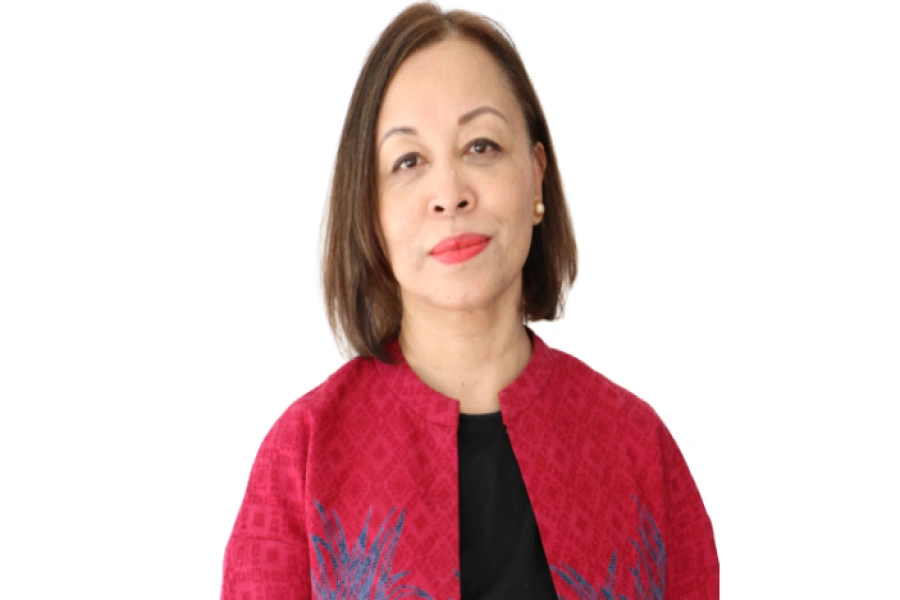German voters are headed to the polls to pick a new parliament that will govern the country for the next four years
59.2 million Germans are eligible to vote, and while millions have already voted by mail, polls show that up to 20% were uncertain before to election day. The polls open at 08:00 (07:00 GMT) and end at 18:00, with a clear outcome expected in the evening. This important election has galvanised voters, and campaigning resumed on Saturday evening with a final discussion on national television, the ninth of the month.
Political upheaval
Chancellor Olaf Scholz, leader of the Social Democratic Party (SPD), faced a major political setback last November when he dismissed his finance minister. The move led to a vote of confidence, which he lost, forcing early elections.
Adding to the political turmoil, tech billionaire Elon Musk publicly backed the far-right Alternative for Germany (AfD). This endorsement triggered a national debate about Germany’s historical responsibility, with Scholz condemning Musk’s stance as “disgusting,” according to CNN.
German Unity Day and 66 years of Nepal-Germany diplomatic relat...

The AfD is now positioned to make history, with polls suggesting it could become the country’s second-largest political force—a first for a far-right party since World War II.
Key candidates for chancellor:
Friedrich Merz (CDU)
The Christian Democratic Union (CDU), the party of former Chancellor Angela Merkel, is leading in the polls, with its candidate Friedrich Merz seen as the frontrunner. The CDU and its Bavarian sister party, the CSU, are projected to reclaim their dominance in German politics.
Merz has taken a tougher stance on immigration compared to Merkel’s open-border policies. He pushed for stricter immigration laws, even attempting to pass legislation with the support of the AfD—an unprecedented move that sparked protests. However, Merz later clarified to CNN that working with the AfD was “not an option.”
Alice Weidel (AfD)
Alice Weidel, co-leader of the AfD, has built her campaign around anti-immigration policies. The party saw significant gains in regional elections last year, and polls now place it at around 20% nationally.
Weidel has vowed to enforce “remigration”—a term linked to Nazi-era policies—by closing borders and deporting undocumented migrants. Speaking at an AfD rally, where Musk appeared via video link, she told CNN that this would be one of her first actions as chancellor.
Olaf Scholz (SPD)
The SPD, which won the 2021 election, now risks a major defeat, with polls predicting a significant drop in support. Scholz’s coalition government, known as the “traffic light” coalition due to its alliance with the Greens and the Free Democrats (FDP), has been plagued by internal conflicts, leading to growing discontent among voters.
One survey last year ranked Scholz as Germany’s least popular chancellor since reunification. Speculation even arose that Defence Minister Boris Pistorius could replace him as the SPD’s candidate, though this did not happen.
Robert Habeck (Greens)
The Greens, polling at about 13%, are unlikely to win outright but could play a key role in coalition negotiations. Their candidate, Robert Habeck, currently serves as Germany’s economics minister.







































